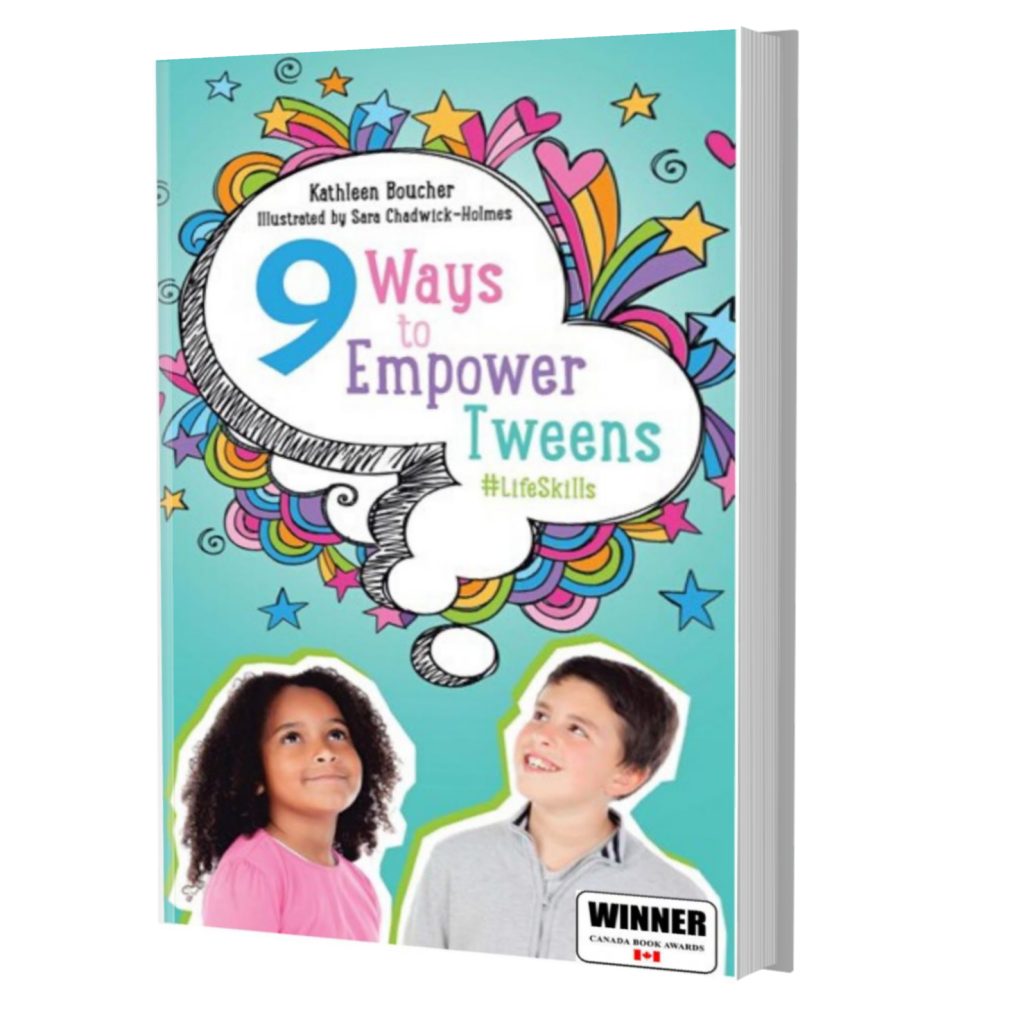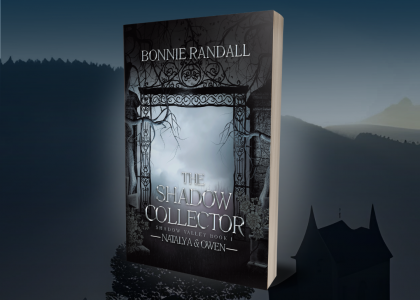Award winning author Kathleen Boucher’s practical advice for new authors! – Tellwell’s January author of the month
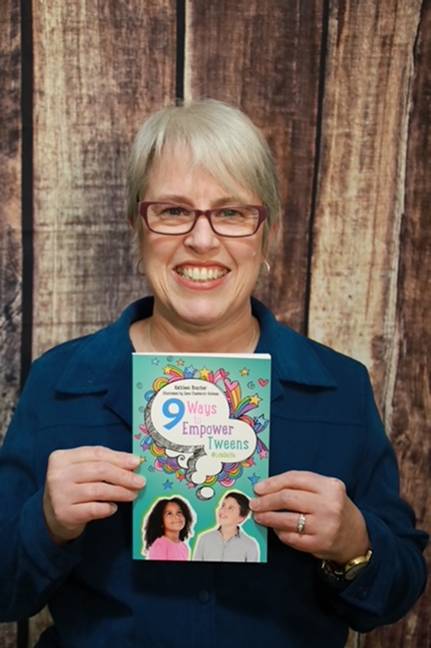
Our January author of the month, Kathleen Boucher, is an award winning author, certified lifestyle coach, a certified neurocoach, a certified stress and wellness consultant, and a registered nurse! Kathleen’s book 9 Ways to Empower Tweens #Lifeskills is a self help book for tweens, teens and adults alike! The book focuses on practical life skills. These life skills include how to have more confidence when presenting in class, the importance of work ethic, a simple writing technique to help deal with anger, and more. There are exercises at the end of each chapter that tweens can use to integrate what they’ve learned. Kathleen has been featured in many articles and blogs, on top of receiving high praise from industry professionals like IndieReader!
1. Tell us a bit about yourself
I am a registered nurse working in an Intensive Care Unit full time, an award-winning children’s author, lifestyle coach, neurocoach and stress & wellness consultant. Want to learn more about Kathleen, click here!
In 2014, I wondered if there was something else I could do to help people. I prayed for guidance. Two weeks later, I remember sitting bolt upright at 0300 am in the morning. The voice inside my head indicated that I should write children’s books. So I did.
2. What inspired you to write your book?
I want to help parents and teachers with techniques that helped me raise my children. I am told that adults find these strategies useful as well. Bonus!
3. How have your personal experiences influenced your book?
My son was very active and had a hard time focusing on homework when he was in elementary school. I did some research that showed that with intense focus, one could bend time and get more done. For example, have you ever crammed for an exam and have gotten a lot of studying done?
Before we started his homework I made sure my son was rested. The idea was for him to do his least favorite subject first, and get it out of the way. I put a timer at the end of the table and made it fun by seeing how much he could get done in five minutes. Once he finished what he disliked doing, the rest of the homework flowed because he was focusing on subjects he loved.
4. What were some of the more significant lessons you learned writing and publishing a book?
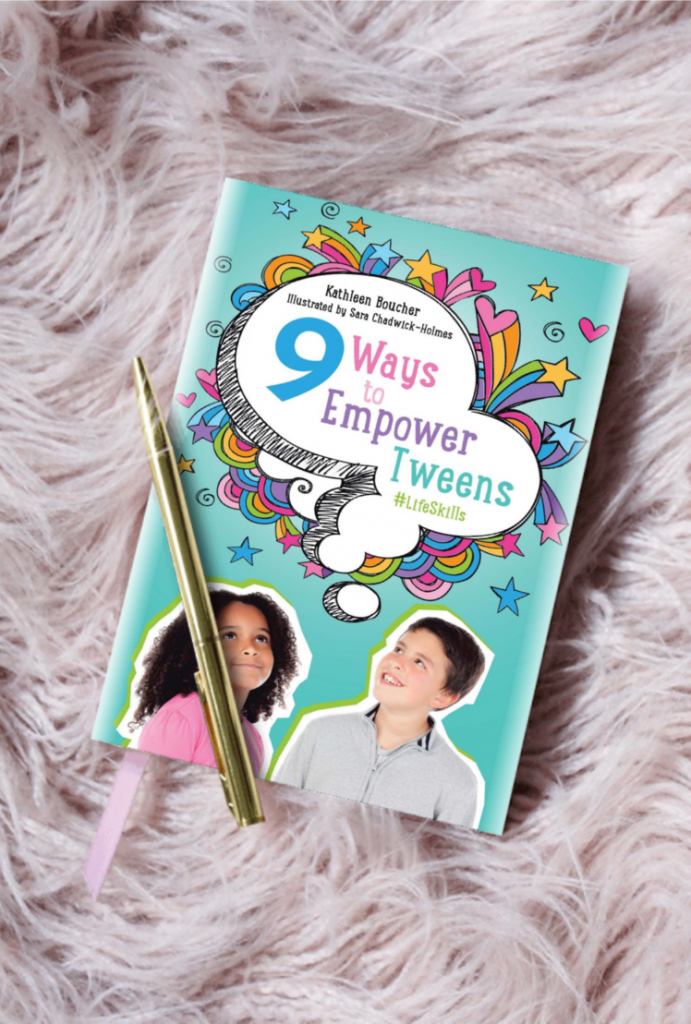
- Write what inspires you.
- The first draft is only the beginning. Don’t be afraid of rewrites. In fact, expect to do more than one rewrite.
- Writing an outline really helped organize my thoughts. Figure out what works for you.
- Take the time to create a rapport with an illustrator so that he or she understands your vision. Then allow them the creative freedom to be fabulous.
- Accept constructive criticism with grace. Step back and look at your work from a different perspective. The new angle may make your work better.
5. What advice do you have for authors considering self-publishing a book?
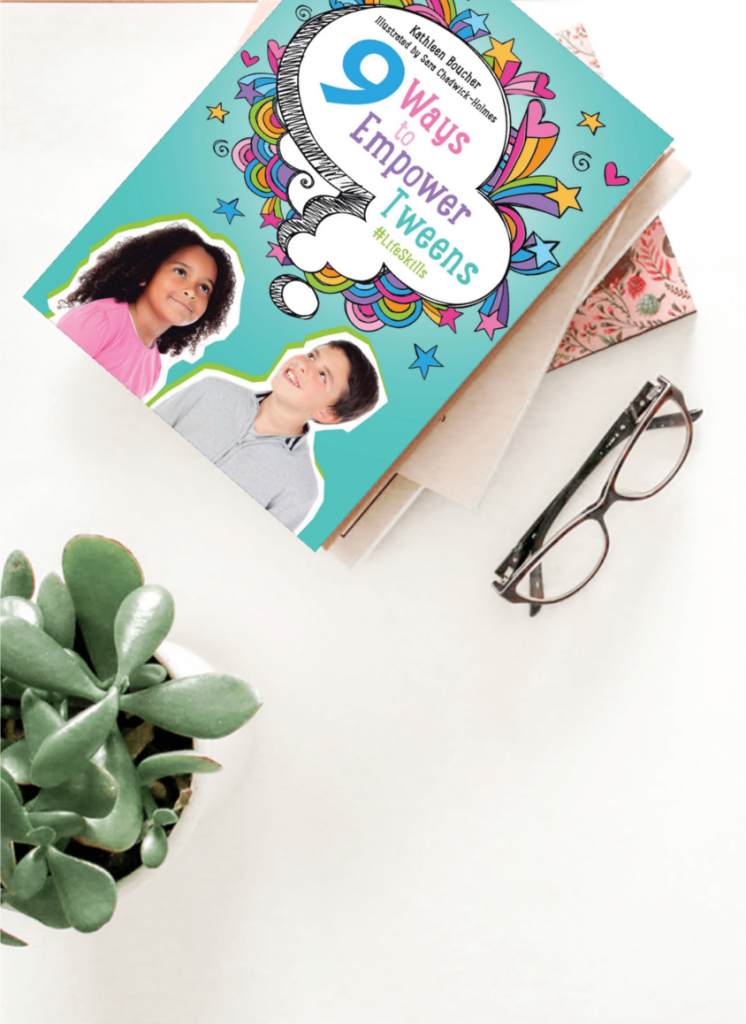
- Be wary if you contact a self-publishing company and they want to publish your book without it being proofread and edited. They don’t have integrity and hold themselves to a high standard. You only have one chance to make a good first impression.
- Invest in a fabulous cover because this is the first thing that your target market looks at. If you are on a strict budget I wrote an article years ago on How to Make Your Book Stand Out in A Crowd. My website is no longer greatkids.me but the information in the article is still useful.
- Get advice on a captivating synopsis so that your audience can’t wait to start reading the book.
- Get endorsements for your book. Third-party validation is very powerful.
- Invest in marketing because the experts can give you great advice to fit your budget.
- Don’t expect to be an overnight success. This is a mind-set. Marketing is an ongoing process.
- Ask yourself, “How can I make my book stand-out?” Nine Ways to Empower Tweens #lLifeskills has line-art throughout the book and the size of some of the lettering changes. This is done to keep the reader engaged.
- Enter your book in contests that fit your budget. Do research as to what contests are the most suitable for your book.
- Get reviews from different sites. You want people to know about your book in North America and abroad.
6. What have you been doing to market and promote your book?
- I entered my book in the Canada Book Awards and got accepted.
- I contacted the education ministers across Canada as I would like to see the book in schools and libraries. Then, COVID-19 hit. I am going to re-contact them and promote it as an online book until kids are back in the classroom.
- I entered the Royal Dragon Book Awards and won second place in the Self-Help/Inspirational Category.
- I did a book-tour that was well received.
7. How did it feel to have your book featured in The Bookbag Top Ten Self-Published Books of 2020?
I was surprised and thrilled at the same time.
8. How did it feel to receive a perfect 5 out of 5 stars on your IndieReader review? How has this rating affected your marketing?
It felt great!
People take notice when a third party validates how much they like the book. It definitely helps with marketing.
9. What’s next for you?
I have written two sequels to Nine Ways to Empower Tweens #Lifeskills. They are both rough drafts. I will take a look at them and decide what I want to do next.

10. What are you currently reading?
- BREAK INTO FICTION, 11 Steps to Building a Powerful Story by Mary Buckham and Diana Love ISBN 978-1-940651-86-6
- THE ANATOMY OF STORY, 22 Steps to Becoming a Master Storyteller by John Truby
11. Did you make a New Years resolution? If yes, what is it?
Yes, my New Year’s resolution is to see Nine Ways to Empower Tweens #Lifeskills in schools and libraries (online if COVID-19 has schools and libraries closed) by the end of August 2021.
I plan to enter the book in the Feathered Quill Awards in August 2021.
12. Is there anything else you would like to add?
Yes.
I have a friend who wanted to write a book but each time he sat down at his computer he felt stuck. I asked him, “What are you good at?” He replied, “I am excellent at public speaking.” I told him to walk around as though he was speaking in front of an audience and record what he wanted to say in a book. It worked!
It is helpful if you know your strengths.
Remember that the first draft is not the final draft so have fun with it. It does not have to be perfect. Just start.
Connect with Tellwell author Kathleen Boucher:
